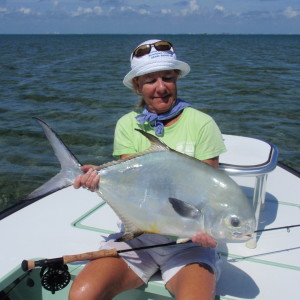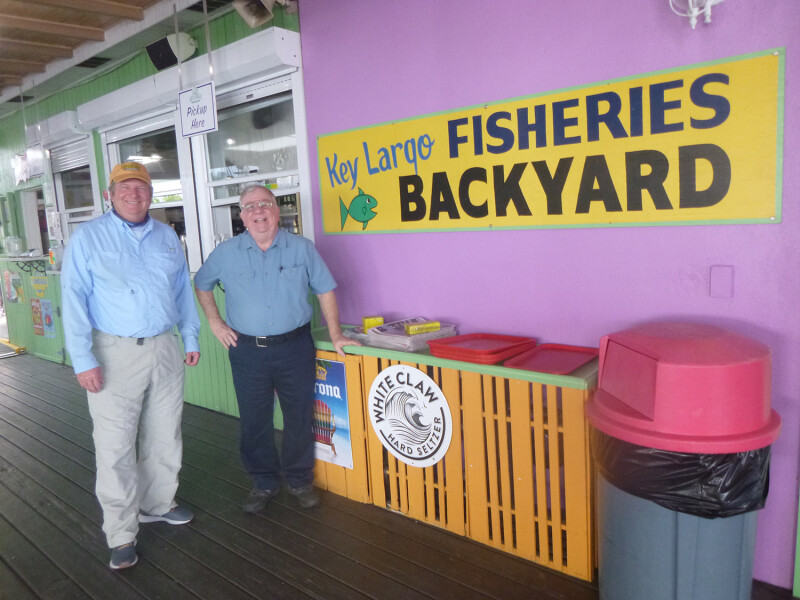For nearly 50 years, four generations of the Hill family have owned and operated Key Largo Fisheries — one of the most successful commercial fishing operations in the Florida Keys.
Key Largo, Fla. / Lobster, crab
Established in 1972 by Jack and Dottie Hill, it has grown into a wholesale and retail market, shipping product around the world; a bustling outdoor café; a busy commercial and recreational marina; and a purveyor of rigged bait — all under the steady leadership of their sons, managing partners Tom and Rick Hill.
But last June, the Hills agreed to sell the business to another family who owns and operates marinas and other commercial real estate in the Keys and New England for an undisclosed price.
They will stay on as advisers to the new owners for at least the next few months. Key Largo Fisheries harvests and sells lobster, stone crab, shrimp, and fish, as well as rigged ballyhoo and bait shrimp.
“This crew is desirous to keep it a working waterfront. It’s really one of the last of its kind in Florida,” Tom Hill said of the new owners. “We’ve been here almost 50 years. It’s a family tradition, and we’re passing the torch to another family.”
The new owners — Summit KLF, doing business as Key Largo Fisheries — are Bob Charney and his partner, Marc Andersen, who both live in the Upper Keys, and Charney’s brother and Andersen’s brother-in-law.
“We recognized an excellent family-run business in the Keys where we have a presence,” Charney said. “We thought our family could help the Hill family transition it for the next 50 years. We’re not looking to change anything. We’re just looking to continue the growth and supporting the local fishermen and customers.”
Tom Hill said he initially resisted when Charney approached him about buying the business. But he says he believes the partners will “take Key Largo Fisheries to the next level” and he’s glad to be their mentor while reducing his work week from 70 hours to a more normal 30 to 40 hours.
“The purpose of our selling is to get some time off,” Hill said. “Sometime around November-December, it will turn into a 30-to-40-hour work week — until they feel like, ‘Yeah, Tom, I got it. Go home.’”







